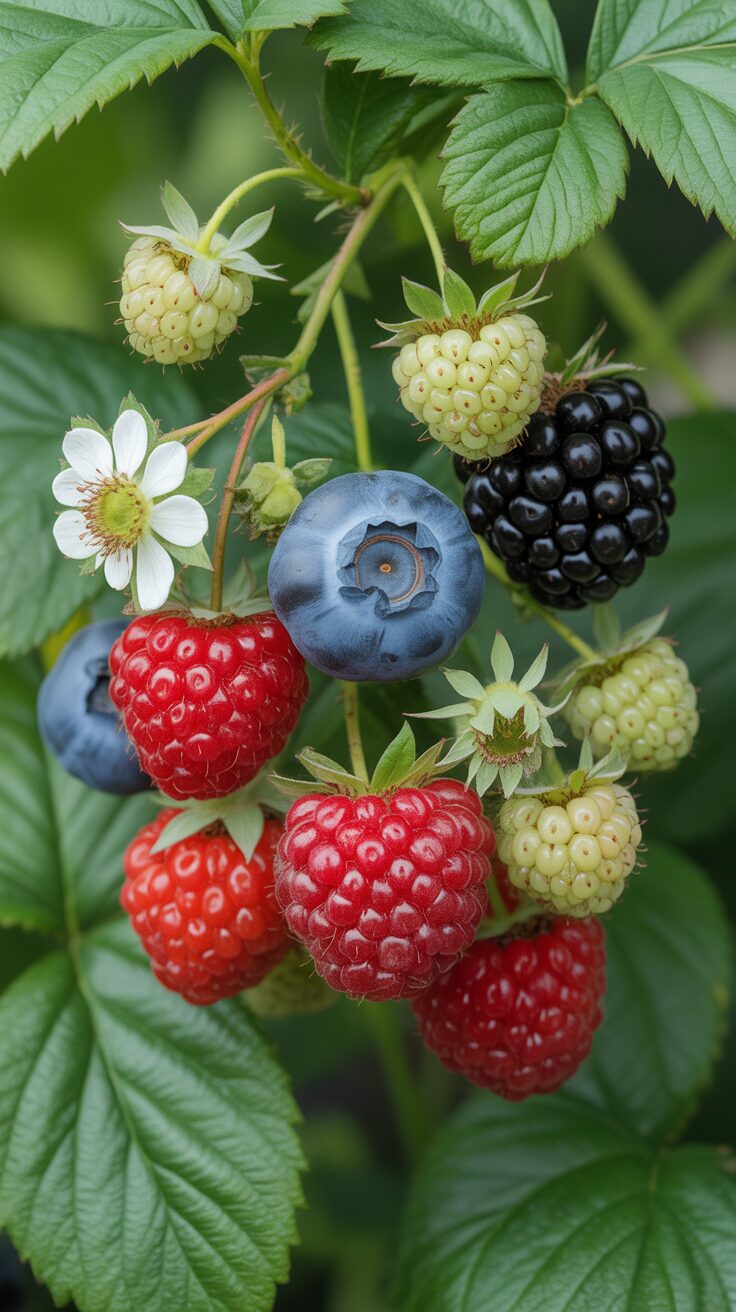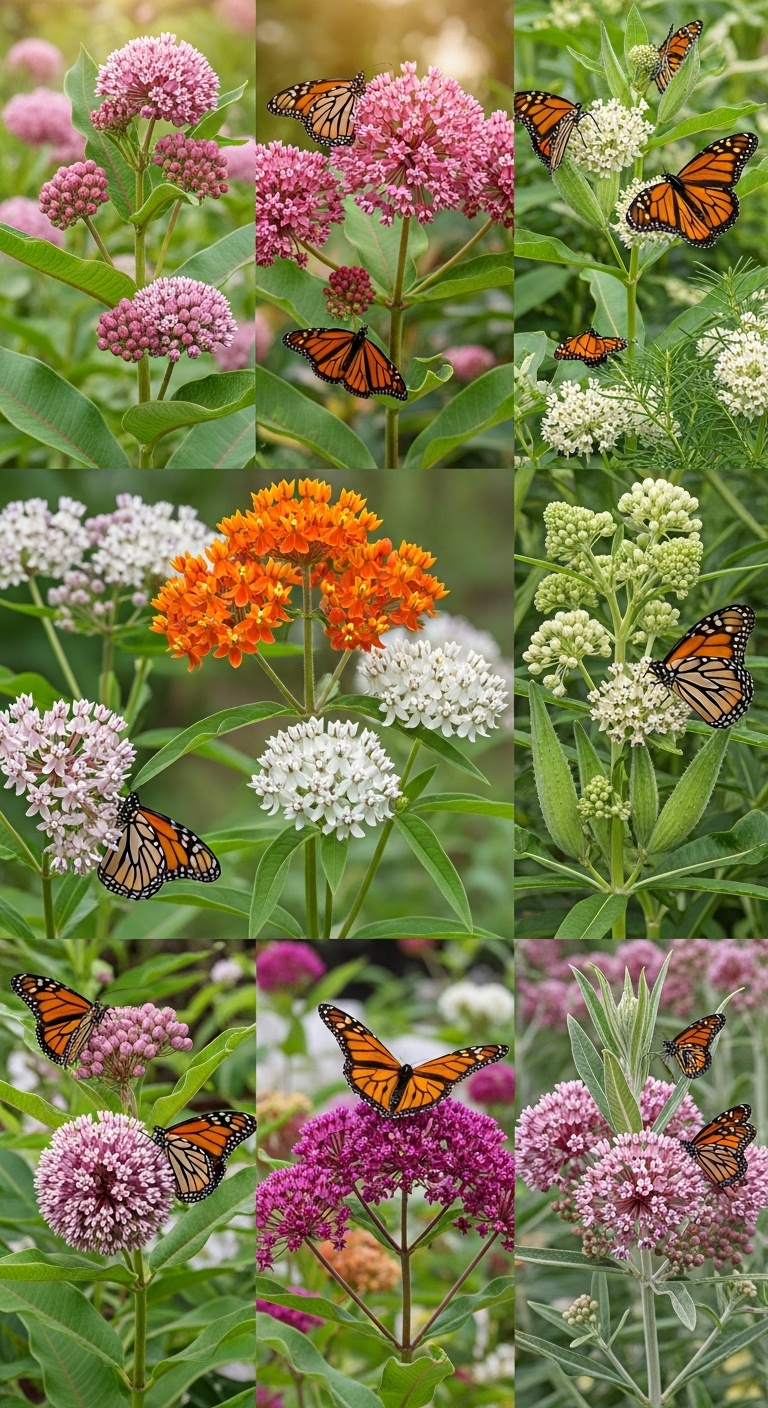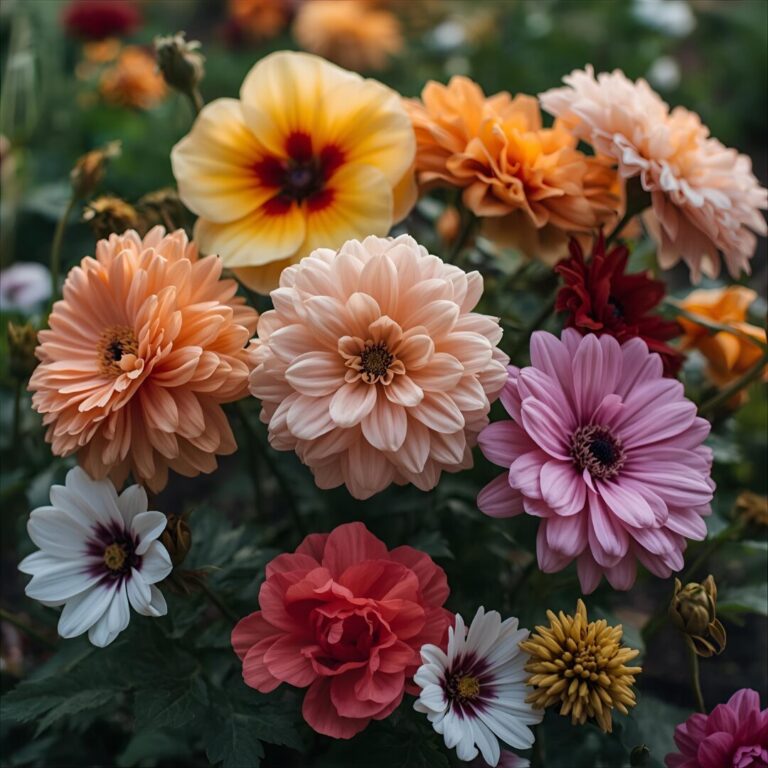Unique & Unusual Vegetables to Grow in Your Garden
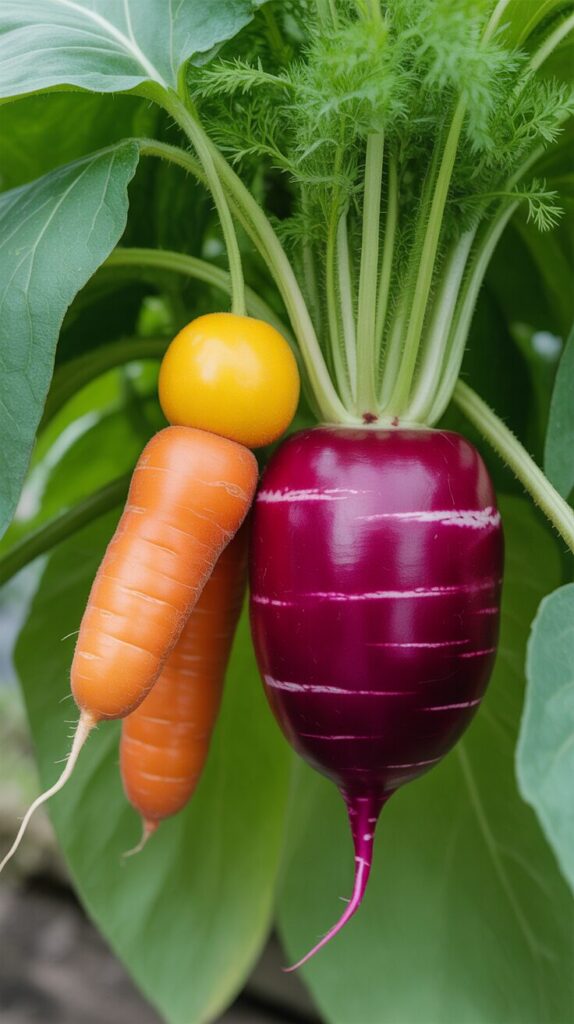
Exploring unique and unusual vegetables is a great way to add diversity, flavor, and excitement to your garden. Beyond the standard tomatoes and cucumbers, there’s a wide variety of rare and exotic veggies that are easy to grow and bring vibrant colors to your meals. By choosing the right varieties, you’ll not only expand your culinary options but also create a garden that feels fresh, surprising, and rewarding.
Purple Cauliflower
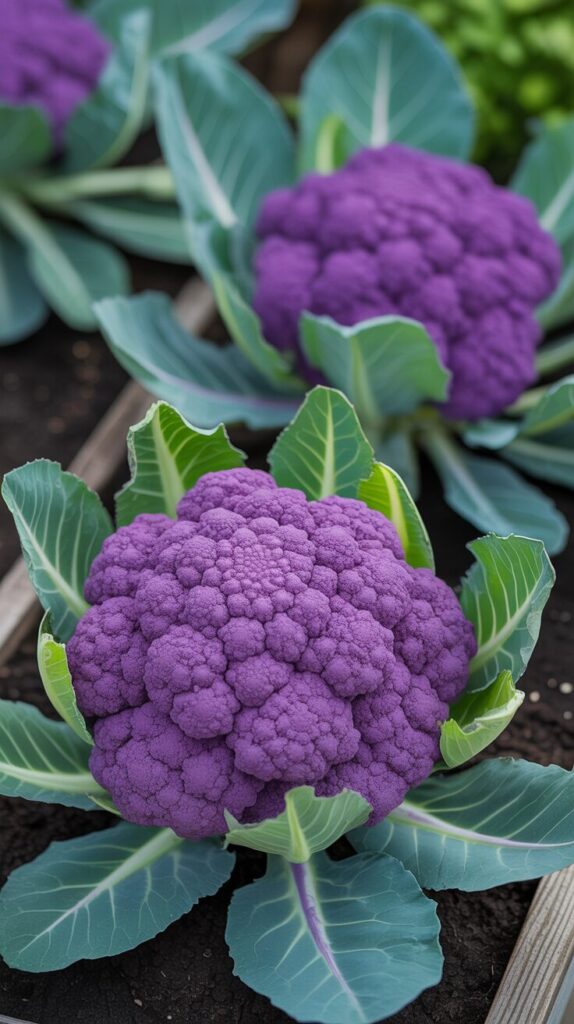
Purple cauliflower is a vibrant twist on the classic vegetable, packed with antioxidants and a nutty flavor. It grows just like traditional cauliflower but offers a bold, decorative touch to both your garden and your plate.
Pro Tip: For the best color, ensure your plants get plenty of sunlight.
Romanesco Broccoli
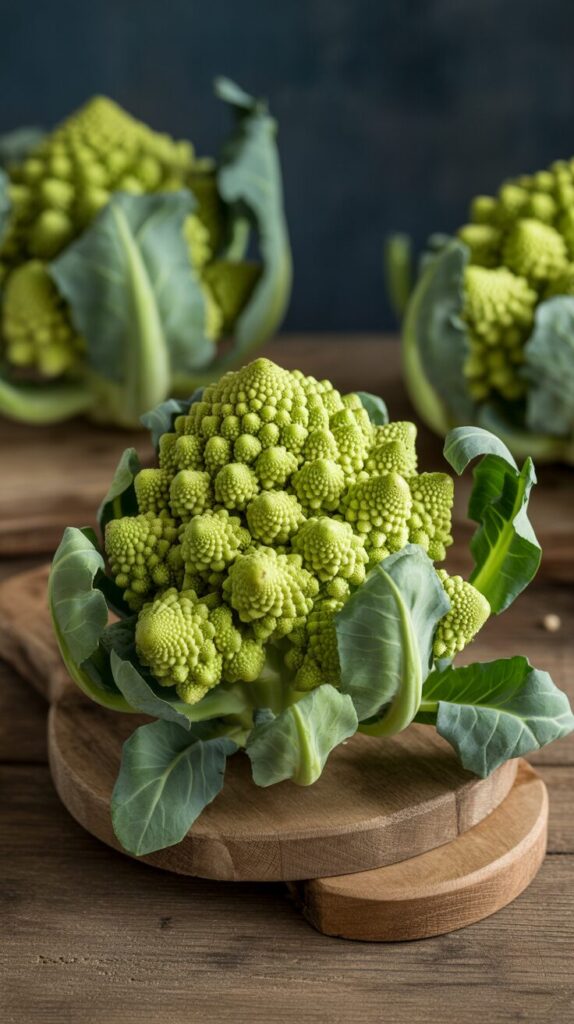
With its spiraled, fractal-like florets, romanesco broccoli is as much art as it is food. It has a mild, nutty taste and is excellent roasted, steamed, or eaten raw in salads.
Pro Tip: Plant in well-drained soil and harvest when florets are tight for peak flavor.
Kohlrabi
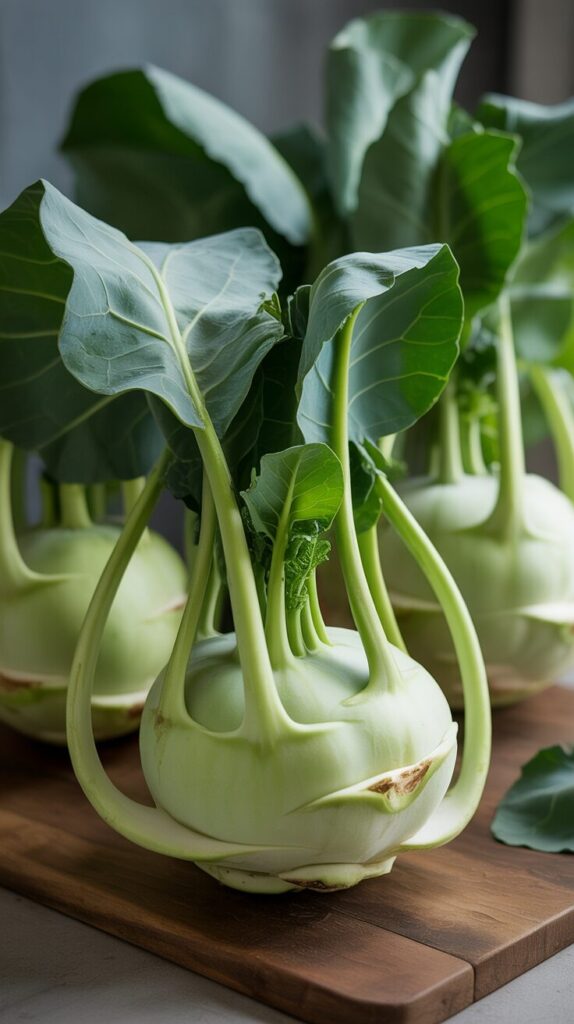
Kohlrabi is a bulb-shaped vegetable with a crisp, apple-like texture and a mild cabbage flavor. It’s versatile, eaten raw with dips, shredded in slaws, or roasted.
Pro Tip: Pick bulbs when small for the sweetest and most tender flavor.
Yardlong Beans
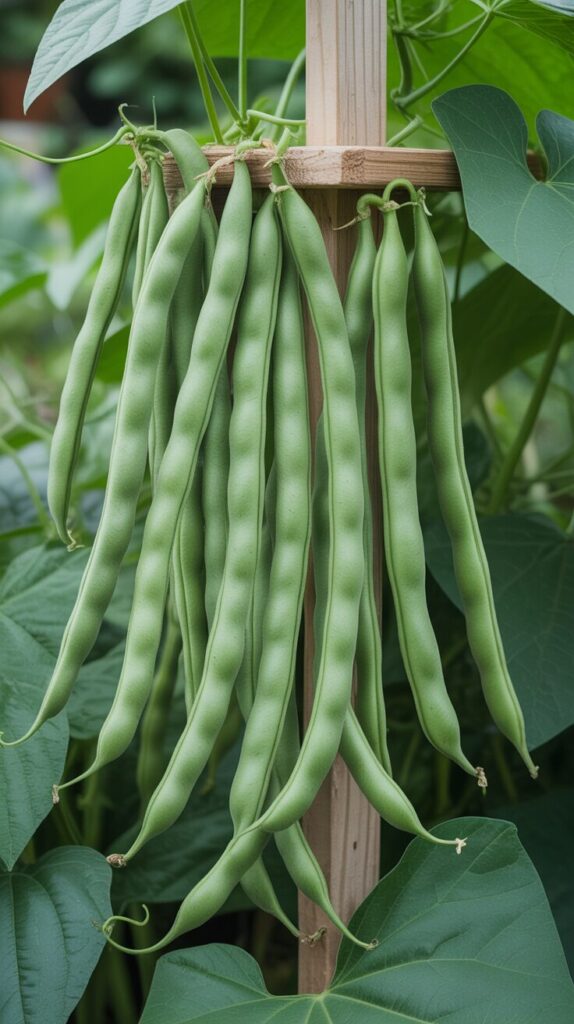
These beans can grow up to three feet long and thrive in warm weather. They taste similar to green beans but with a slightly firmer texture.
Pro Tip: Grow them on a trellis to save space and encourage straighter pods.
Oca (New Zealand Yam)
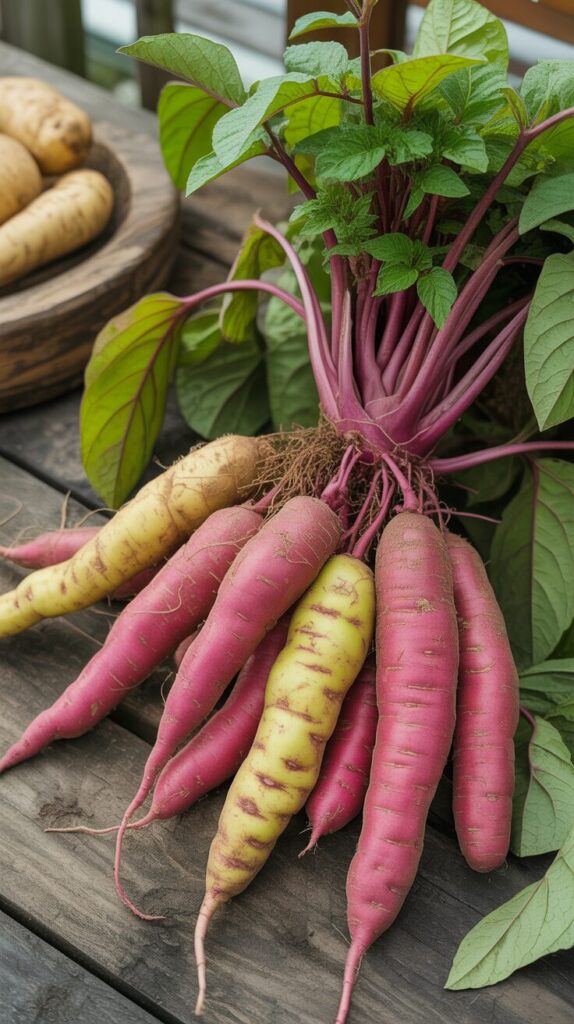
Oca produces small, colorful tubers with a tangy, lemony flavor. It’s a fantastic potato alternative that adds variety to your meals.
Pro Tip: Harvest after the first frost for the best flavor and texture.
Malabar Spinach
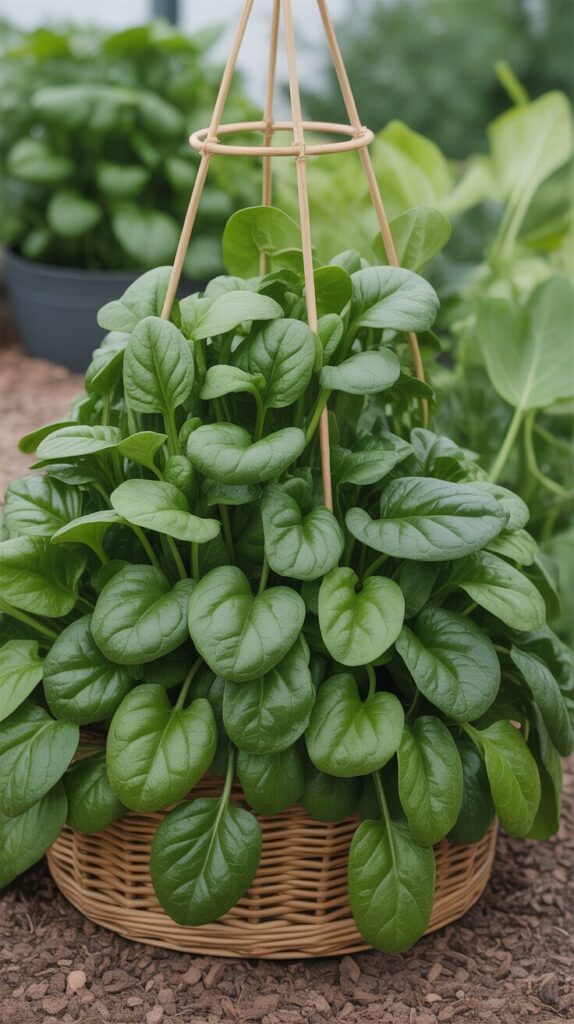
Unlike traditional spinach, malabar spinach thrives in hot climates where other greens wilt. Its glossy leaves and mild flavor make it perfect for stir-fries and salads.
Pro Tip: Train it on a trellis to maximize space and airflow.
Chinese Artichoke
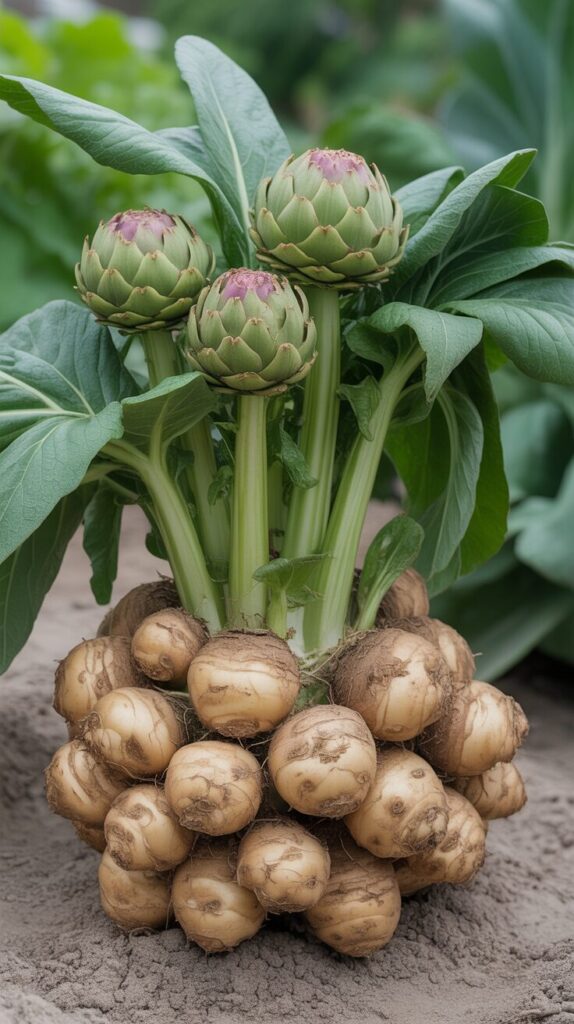
This unusual vegetable grows in clusters of small, knobby tubers with a nutty taste. They’re delicious lightly sautéed or pickled.
Pro Tip: Plant in sandy, well-drained soil to prevent tubers from becoming waterlogged.
Celeriac (Celery Root)
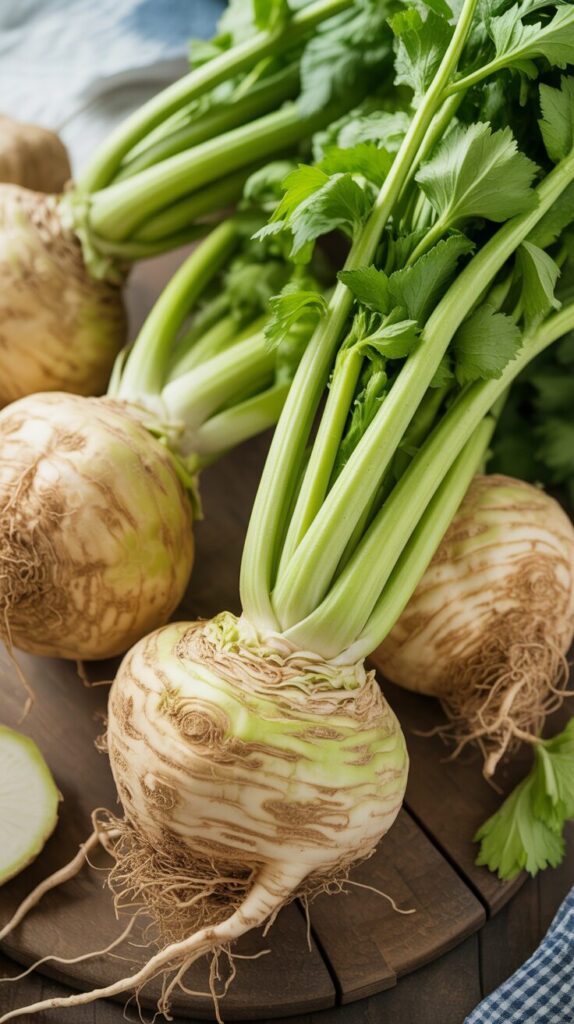
Celeriac is a root vegetable with a mild celery flavor, great for mashes, soups, and roasted dishes. Its knobby appearance may seem intimidating, but its flavor is rewarding.
Pro Tip: Harvest after the first frost for sweeter, more concentrated flavor.
Sunchokes (Jerusalem Artichokes)
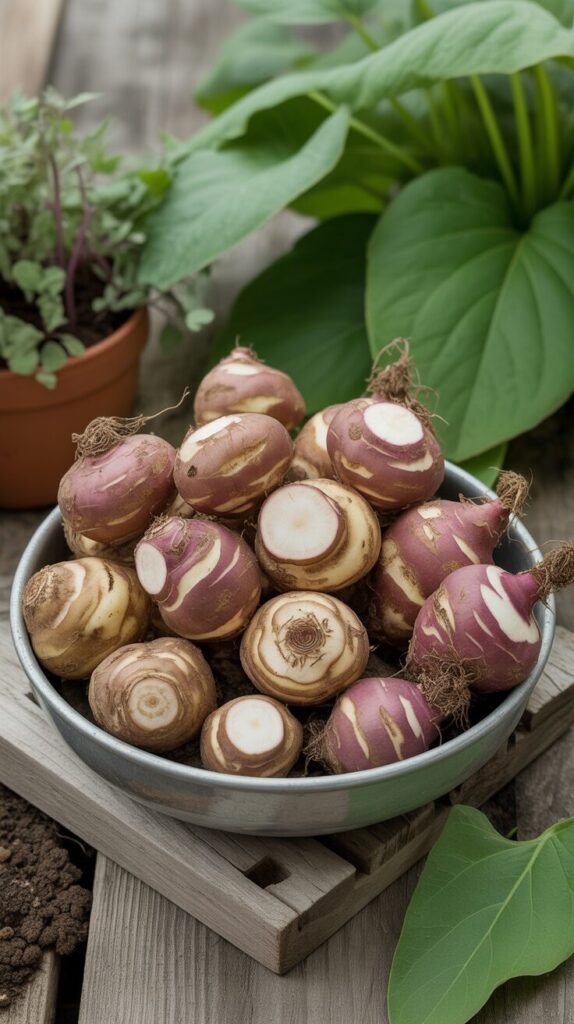
These tubers have a sweet, nutty flavor and can be eaten raw or cooked. They’re also known for being perennial and very hardy.
Pro Tip: Plant carefully, as they spread quickly and can take over garden beds.
Watermelon Radish
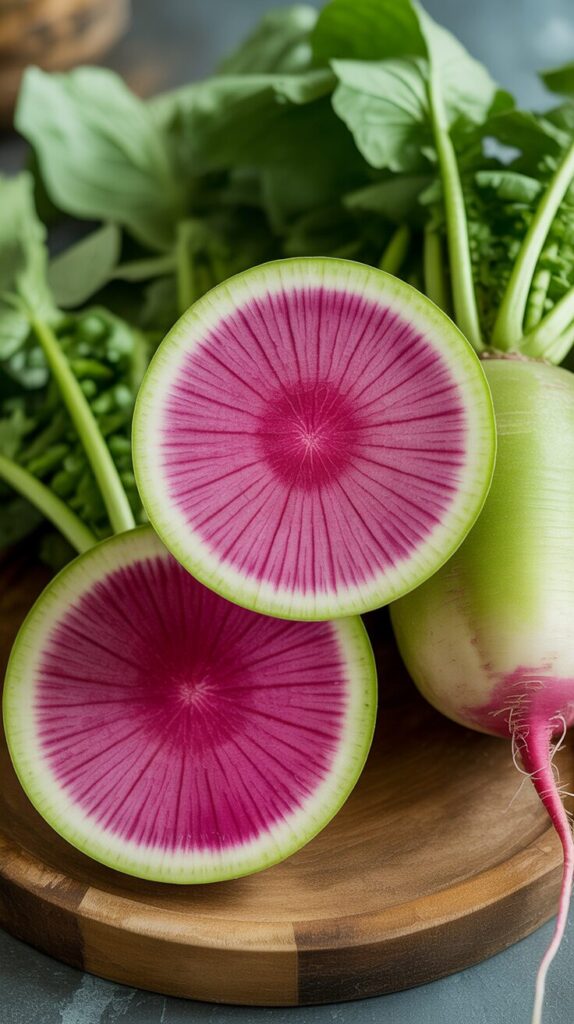
With a green exterior and a bright pink interior, watermelon radish is a showstopper. It has a crisp texture and a mildly peppery taste.
Pro Tip: Chill before serving raw to enhance its sweetness.
Snake Gourd
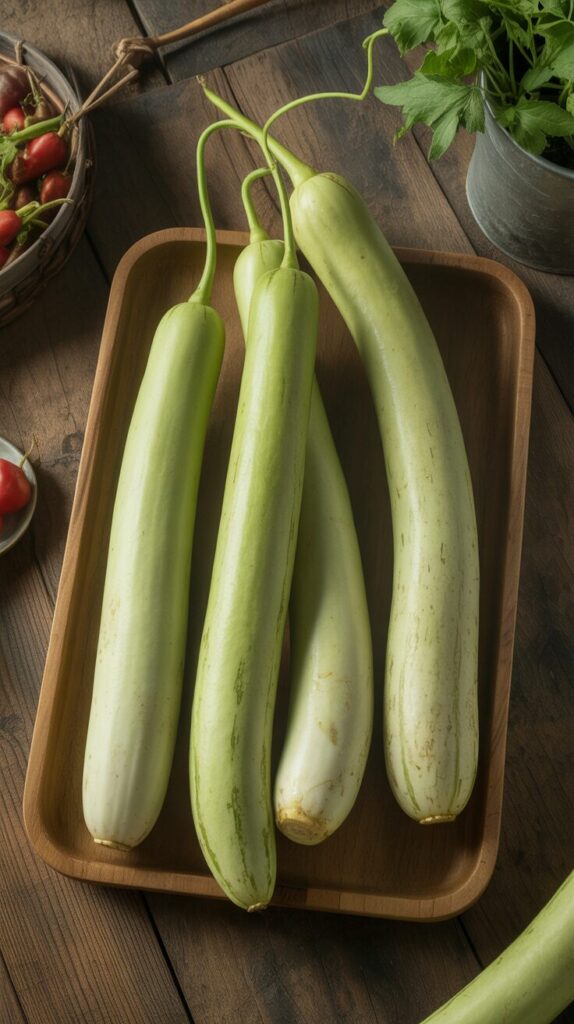
A long, slender vegetable popular in Asian cuisine, snake gourd has a mild flavor that absorbs spices beautifully. It’s ideal for curries and stir-fries.
Pro Tip: Harvest when young for the best texture and taste.
Glass Gem Corn
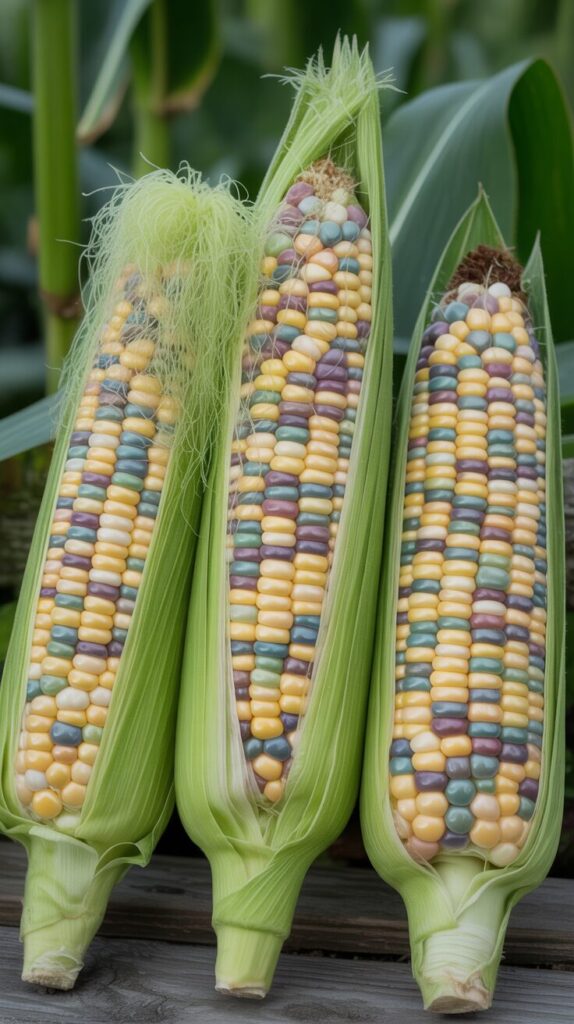
This heirloom corn variety is famous for its rainbow-colored kernels, making it a stunning ornamental and edible crop. It’s used for popcorn and flour rather than sweet corn.
Pro Tip: Grow in full sun and plant in blocks for proper pollination.
Conclusion
Growing unique and unusual vegetables transforms your garden into a space of discovery and flavor. From vibrant purple cauliflower to rainbow-colored glass gem corn, these plants not only enhance your meals but also create conversation-worthy gardens. By experimenting with these rare varieties, you’ll enjoy fresh flavors and add a truly personal touch to your gardening experience.


